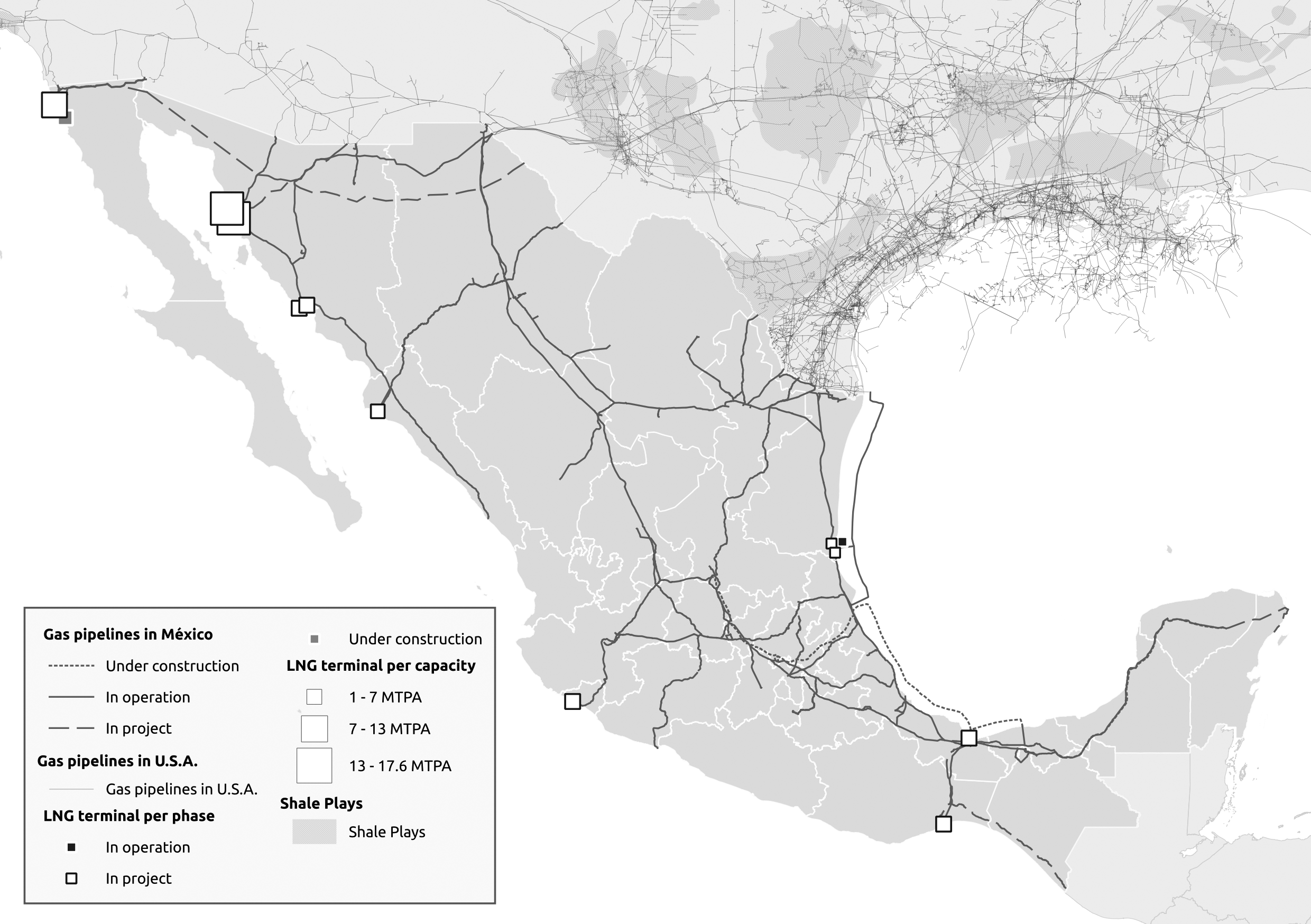 Review of the Month
Review of the Month
Western Marxism and the Myth of Capitalism’s Adamantine Chains
 Article
Article
The Slave Trade and the Industrial Revolution Debate: A Look at the Numbers
 Article
Article
The Palestinian Question as a Framework for a Century of Tunisian Mobilization
 Article
Article
Mauritius at a Geopolitical Crossroads
 Article
Article
Eco-Marxism and the Reconstruction of Materialist Dialectics
 Review
Review
Insectopolis and the Fantastic Peter Kuper
 Review of the Month
Review of the Month
Introduction to the Updated Edition of Arghiri Emmanuel’s ‘Unequal Exchange’
 Article
Article
Epidemics and Social Metabolism: Nature, Capitalism, and Rifts
 Article
Article
The Shale Revolution, U.S. Energy Imperialism, and Mexico’s Dependence
 Memorial
Memorial
Robert W. McChesney (1952–2025): A Personal and Political-Intellectual Memoir
 Memorial
Memorial
Bob McChesney: A Life Well Lived
 Article
Article
A Democratic Socialist in Our Age
CLASSICS

The latest: "Epicurus set up schools, first in Lampsacus (in modern day Turkey), then later in Athens. Other philosophical schools in the city used public space for lectures and attracted young, well educated, aristocratic Greek men. His critique of the ruling classes that dominated these schools that “'Nothing is enough for those for whom enough is too little' is as applicable today as in his age...."
+ read more
"Within months after the United States entered the war, progressives and social democrats became the primary targets of repression. Unfortunately, far too often, they relied on the good faith of the authorities..."
+ read more
The latest: "And what of those who had been 'freed'? They received precisely nothing, in fact worse than nothing because they were required to remain in their former owners’ service for four years, although this was now referred to as an “apprenticeship”. The change in British law naturally made no difference to the fate of enslaved people in the USA’s southern states but Cushion, rightly, goes to some lengths to show how British capital continued to benefit..." One of the most impressive things about Steve Cushion is his extremely active approach to engaging the public around the topic of reparations, and using his books as a means of pushing for meaningful change on the ground....
+ read more
“Anthropology is a child of Western imperialism,” asserted the Marxist anthropologist Kathleen Gough in 1968, during an intense period of anti-colonial struggle in Asia and Africa. Since then, this assertion,... READ MORE
+ read more














